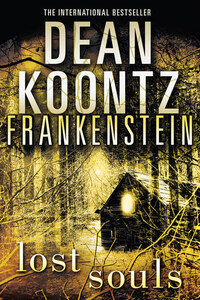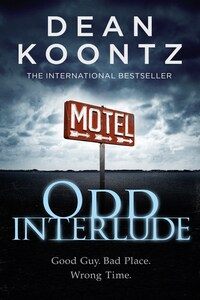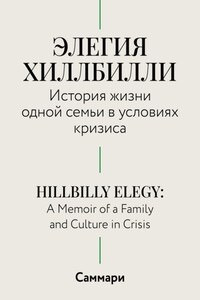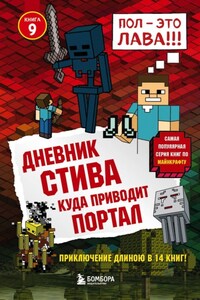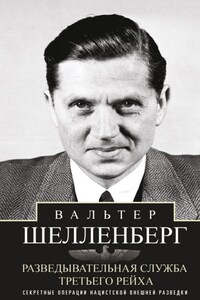The October wind came down from the stars. With the hiss of an artistâs airbrush, it seemed to blow the pale moonlight like a mist of paint across the slate roofs of the church and abbey, across the higher windows, and down the limestone walls. Where patches of lawn were bleached by recent cold, the dead grass resembled ice in the lunar chill.
At two oâclock in the morning, Deucalion walked the perimeter of the seven-acre property, following the edge of the encircling forest. He needed no lamplight to guide him; and he would have needed none even deep in the blackness of the mountain woods.
From time to time, he heard sounds of unknown origin issuing from among the towering pines, but they inspired no anxiety. He carried no weapon because he feared nothing in the forest, nothing in the night, nothing on Earth.
Although he was unusually tall, muscled, and powerful, his physical strength was not the source of his confidence and fortitude.
He went downhill, past St. Bartholomewâs School, where orphans with physical and developmental disabilities flew in their sleep, while Benedictine nuns watched over them. According to Sister Angela, the mother superior, the most commonly reported dream of her young charges was of flying under their own power, high above the school, the abbey, the church, the forest.
Most of the windows were dark, although lights glowed in Sister Angelaâs office on the ground floor. Deucalion considered consulting her, but she didnât know the full truth of him, which she would need to know in order to understand his problem.
Centuries old but young in spirit, born not of man and woman, but instead constructed from the bodies of dead felons and animated by strange lightning, Deucalion was most at home in monasteries. As the firstâand, he believed, the sole survivingâcreation of Victor Frankenstein, he belonged nowhere in this world, yet he did not feel like an outsider at St. Bartholomewâs Abbey. Previously, he had been comfortable as a visitor in French, Italian, Spanish, Peruvian, and Tibetan monasteries.
Heâd left his quarters in the guest wing because he was plagued by a suspicion that seemed irrational but that he couldnât shake. He hoped that a walk in the cool mountain air would clear his troubled mind.
By the time Deucalion circled the property and arrived at the entrance to the abbey church, he understood that his suspicion arose not from deductive reasoning but instead from intuition. He was wise enough and sufficiently experienced to know that intuition was the highest form of knowledge and should never be ignored.
Without passing through the door, he stepped out of the night and into the narthex of the church.
At the entrance to the nave, he dared to dip two fingers in the font, make the sign of the cross, and invoke the Father, the Son, and the Holy Spirit. His existence was a blasphemy, a challenge to sacred order, because his makerâa mere mortalâhad been in rebellion against the divine and against all natural law. Yet Deucalion had reason to hope that he was not just a thing of meat and bone, that his ultimate fate might not be oblivion.
Without walking the length of the center aisle, he went from the threshold of the nave to the distant sanctuary railing.
The church lay mostly in shadows, brightened only by a sanctuary light focused on the crucifix towering over the altar and by votive candles flickering in crimson-glass cups.
As Deucalion appeared at the railing, he realized that another shared the church with him. Glimpsing movement from the corner of his eye, he turned to see a monk rising from the first pew.
At five feet seven and two hundred pounds, Brother Salvatore was less fat than solid, as an automobile compacted into a cube by a hydraulic press was solid. He looked as if bullets would ricochet off him.
